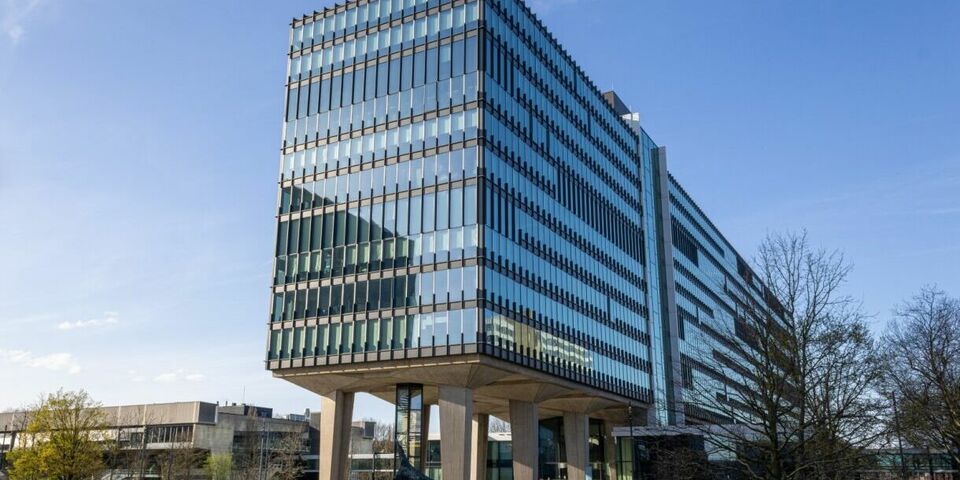TU/e expects growth: 700 more chip researchers
Thanks to the recently awarded incentive funding worth billions (Project Beethoven), the number of students and researchers working on semiconductors is set to possibly double. 450 million euros has been earmarked for education investments, mainly in the Eindhoven region but also further afield.
Project Beethoven involves the freeing up of 2.5 billion euros to reinforce the Eindhoven region’s leading position in the field of semiconductors. The money is intended to improve the business climate for companies such as ASML and NXP, but also to enhance facilities such as public transport and to build new homes.
Out of the 2.5 billion euros awarded, 450 million euros are intended to provide a boost to education. A large portion of this sum will go to the Brainport region and TU/e, as this region is the hub of the microchip industry in the Netherlands. Education institutions Suma College (senior secondary vocational education) and Fontys (higher vocational education) will also benefit from the investment.
At the moment, over seven hundred TU/e researchers across 25 research groups are working on ‘semicon’ (semiconductors, aka chips). With the investment boost of 450 million for education, the expectation is for this number to ‘grow significantly’, says TU/e in a press release. Enquiries at the university yield more concrete numbers. For instance, the university is betting on doubling the current number of researchers and hopes to welcome 1,400 chip researchers soon.
TU/e is also working together with three other universities that teach technological programs and with regional partners. “This is an investment in the future economic model of the Netherlands and contributes to Europe’s sovereignty agenda,” says President of the TU/e Executive Board Robert-Jan Smits in the press release. How the money will be spent exactly has not yet been announced. The parties involved have until July 1 to make a plan for this.
Future Chips
Alongside this national plan, TU/e is also working on an initiative of its own to reinforce its position in the microchip industry. Part of the aforementioned 450 million will be used to this end. Under the name ‘Future Chips’, the university wants to increase its lead as the most important supplier of semicon talent in the region. In addition to closer internal collaboration between all the departments, research groups and scientific institutes involved, it also intends to increase collaboration with industrial partners like ASML and NXP, and academic partners such as Fontys University of Applied Sciences and Summa College.
“There is an urgent need to strengthen the position of the Netherlands and Europe in the global chip sector,” Rector Magnificus Silvia Lenaerts explains in the press release. “Given the enormous expertise that we have had for decades, TU/e is excellently positioned for this.”
ASML stays
Earlier today, it was announced that the municipality of Eindhoven and ASML are looking into a largescale expansion of Brainport Industries Campus. In 2030, this location should be ready to accommodate 20,000 employees. Both parties signed a declaration of intent, suggesting that the microchip giant’s potential relocation to another country is off, at least for now. Later this year, ASML should be making its final decision with respect to the Eindhoven expansion.


Discussion